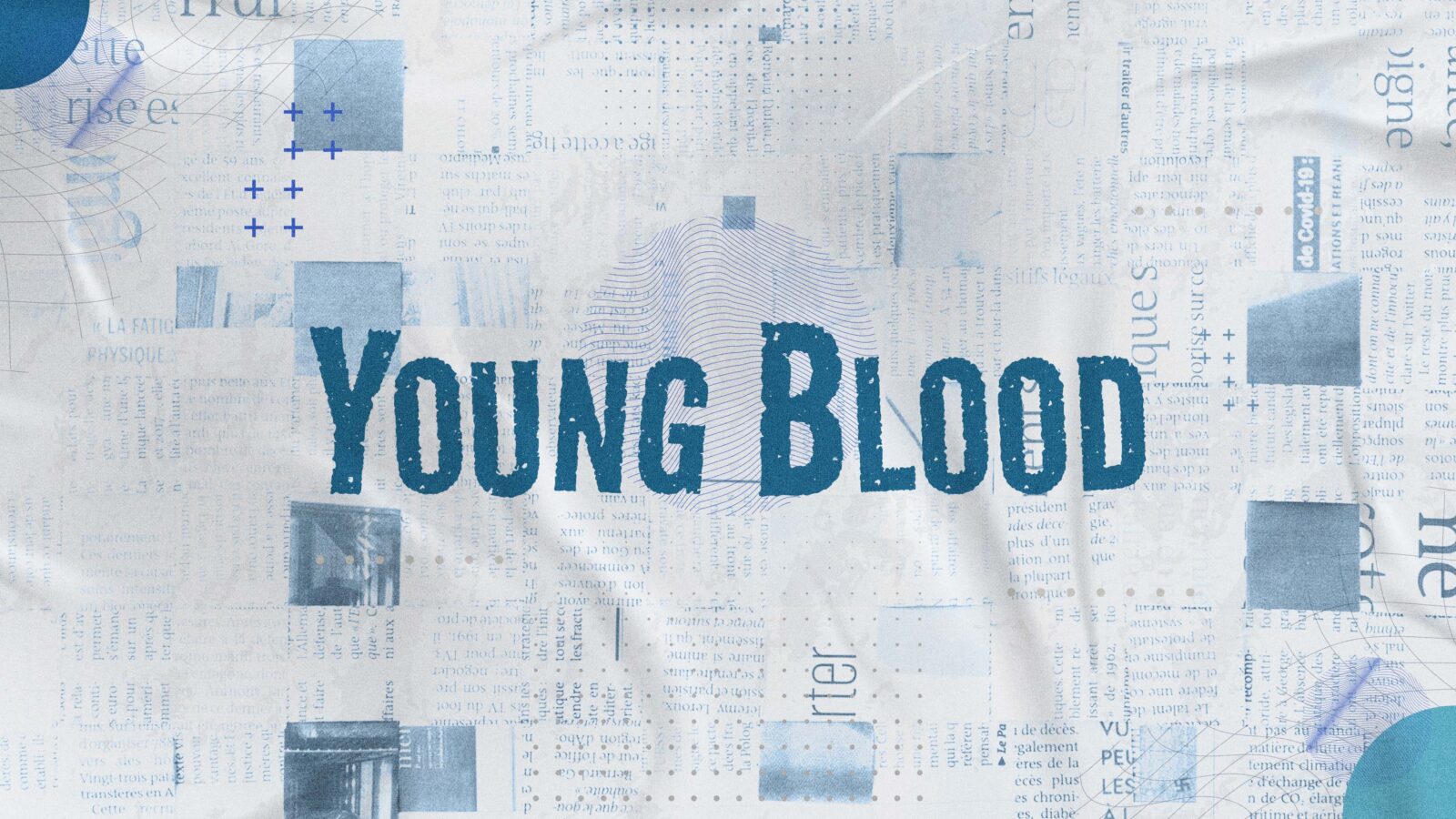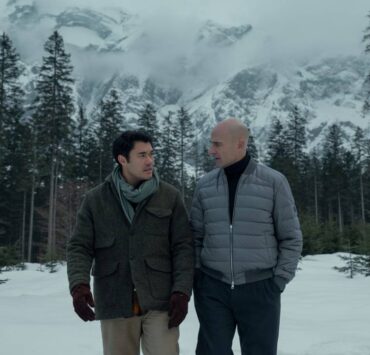The price I paid

Something dawned on me when I saw the twenty-five centavo-sized dark purple bruises on my knees after taking basic life support training, a requirement for first-year medical students.
Because of my short height, they made me kneel on the hard, white platform where the dummy was lying on so I could better execute the routines.
It took me hours to get the certification, and I even begged one of the instructors to issue it to me.
Once I peeled off my pants at home, I noticed that each of my kneecaps sported a small bruise sustained from the constant kneeling. Shortly after, I covered my face and started crying.
It was at that moment I realized that my medical school journey had begun.
Becoming a doctor seems akin to living happily ever after for first-year medical students like me. There is no such thing as that, of course, but it is a source of comfort that I hold on to. But first, I need to pay up.
Two-thirds of the time, I have been reading foreign words I have never encountered in my life, like Son of Sevenless, magenstrasse, and foramen of Luschka.
One of our professors compared life in medical school to drinking from a proverbial hose that runs without end. Physiologically speaking, this poses more harm than good. Imagine a red blood cell getting inundated with so much water until it bursts.
I eventually got used to the cadence, but the lessons were rigorous, and the nights seemed longer than the days.
Getting a few hours of sleep was already considered a luxury. The exams were not a walk in the park and mostly depended on one’s ability to retrieve information at a moment’s notice. The grades posted on our online learning management system were just as unforgiving as they were reassuring.
Many of our professors, respected doctors in their fields, believe those numbers matter because they are a reliable measure of mastery.
Although not absolute, good grades tag a medical student as more likely to pass the board exams and become a competent doctor. After all, how can one cure people if they do not even have the knowledge to do it? But this hyperfixation of getting good grades takes the fun out of learning.
Perhaps it is also this obsession with numbers that makes medicine a coveted field, especially in our country which puts great importance on people with white coats.
But getting good marks may come at the expense of one’s health and sanity. It was only in medical school that I started hearing stories of someone who fainted after taking a quiz and of another—a graduate of Latin honors — who broke into tears after getting a low mark.
There was a time I barely got enough sleep that it lowered my immune system until I got infected with the dreaded COVID-19 which I caught days after taking a wave of long exams. The results pulled down my semestral standing. It showed that the amount of time I spent studying a subject was not directly proportional to the grade.
As I try to make sense of what it means to become a doctor, I constantly question if the entire process is supposed to strengthen or break us.
One can argue that it is during these key moments when my attitude is forged, like carbon atoms exposed to extreme amounts of pressure and temperature before emerging from the furnace as a beautiful diamond.
“Ginusto ko ito (I wanted this).”
I keep repeating this to console myself before moving on to the next concept in the endocrine system. I fight the urge to sleep; after all, my parents and sister had already turned in for the night, while I am still awake past witching hour.
My family members bear witness to my late-night study sessions, and mounting disappointments after getting low scores. They also share my joy during moments of triumph, like the time I finally understood a difficult concept that I was able to explain in simple words, or when I got over my fear of blood after getting my fingers pricked four times for a glucose absorption experiment.
I can only imagine the sheer pride of my entire family whose child will have achieved something so elusive at the end of the road. That would be the day when I would tell myself, the price we all paid was worth it.
When I become a doctor, I might continue to pay this price which will exact a toll on the weary soul. It may come in the form of putting my health at risk to keep others alive, or in the form of heartbreak when a patient dies, with their kin weeping in anguish and despair.
I’ll cross the bridge when I get there.
—————–
Angelica Y. Yang, 28, is a second-year medical student at the University of the East Ramon Magsaysay Memorial Medical Center. She is a former journalist who specialized in science reporting.

















